Havsforskningsdagarna 2024
Building bridges across marine disciplines
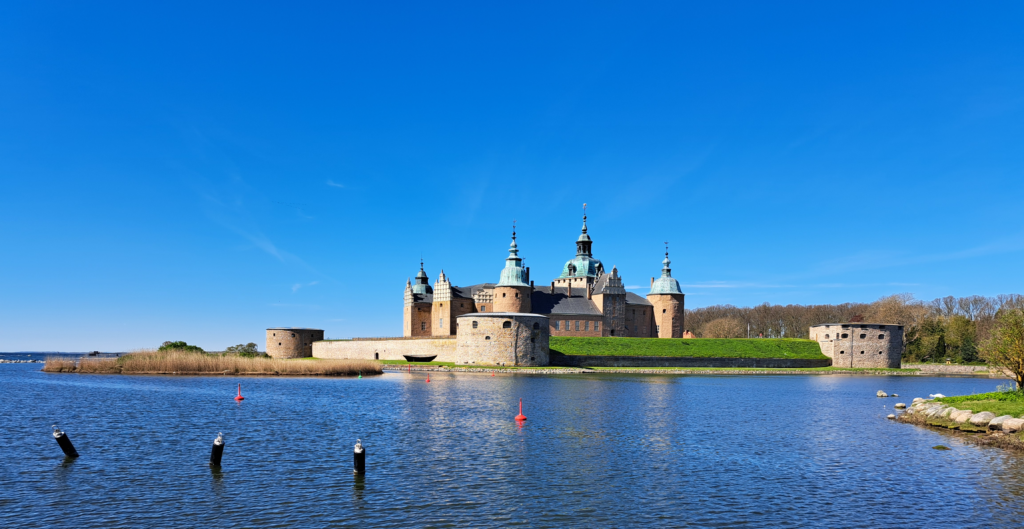
Time: 26 November 14:00 PM – 28 November 14:00 PM; Abstract deadline November 6 2024
Place: Fullriggaren and Nabben, Magna, Våningsplan 1, Linnæus University
Address: Pedalstråket 7, 39231Kalmar
The Swedish Society for Marine Sciences (SHF) welcomes everyone engaged and interested in marine sciences, management and environmental monitoring to this conference on the SEA! The meeting focuses on current aspects of research, management and environmental monitoring in marine systems. The theme of the 2024 conference is “Building bridges across marine disciplines”. The conference is co-organized by SHF, Linnæus University, and the strategic research program EcoChange. The conference and annual meeting are open to members of the Society. Please remember to sign up for a membership prior to the conference.
Abstracts i kronologisk ordning av presentationer följd av alla abstracts till posters
Keynote speakers
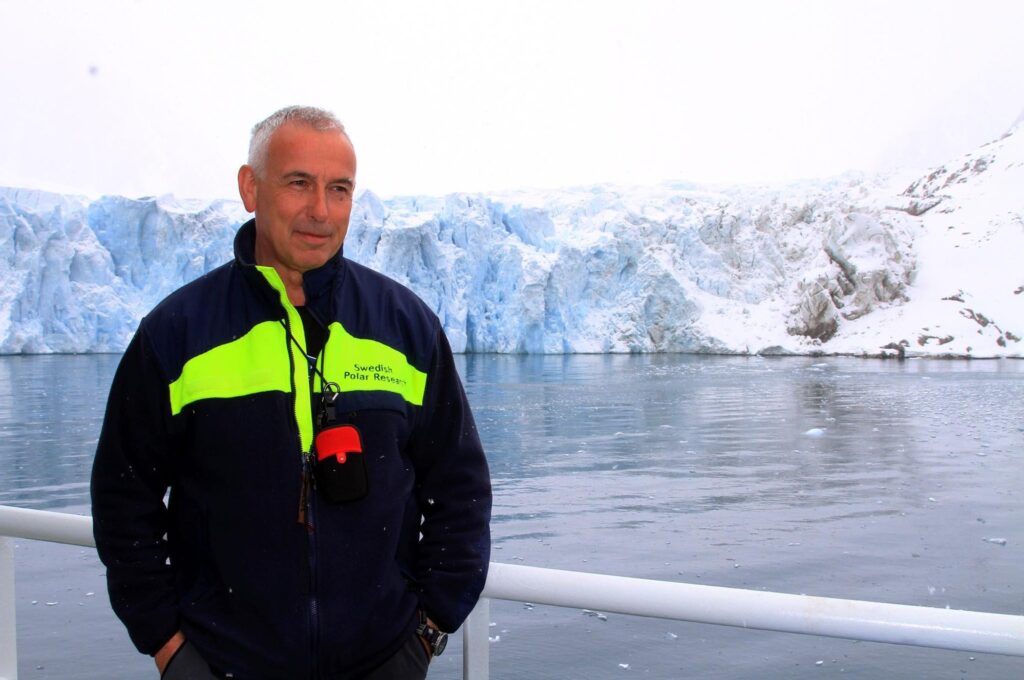
Professor Paul F. Wassmann
Department of Arctic and Marine Biology, University of Tromsö
Title: The indispensable holistic perspective of the Arctic Ocean
Abstract: The relatively small, but extremely resource-rich Arctic Ocean is under considerable pressure from a resource-hungry world. Our scientific approach is often characterized by national, sectorial approaches. However, the Arctic Ocean cannot be understood, let alone managed, without an all-encompassing, pan-Arctic perspective. In natural science, first steps have been taken to achieve such a holistic understanding of the contemporary Arctic Ocean, but to support a sustainable and wisely managed Arctic Ocean in the future, the integrative work has to be carefully and wholeheartedly expanded. Suggestions, such as the integration of national investigations and the education of a future generation of scientists, can improve the indispensable understanding of the entire Arctic, resulting in an adequate comprehension and management.
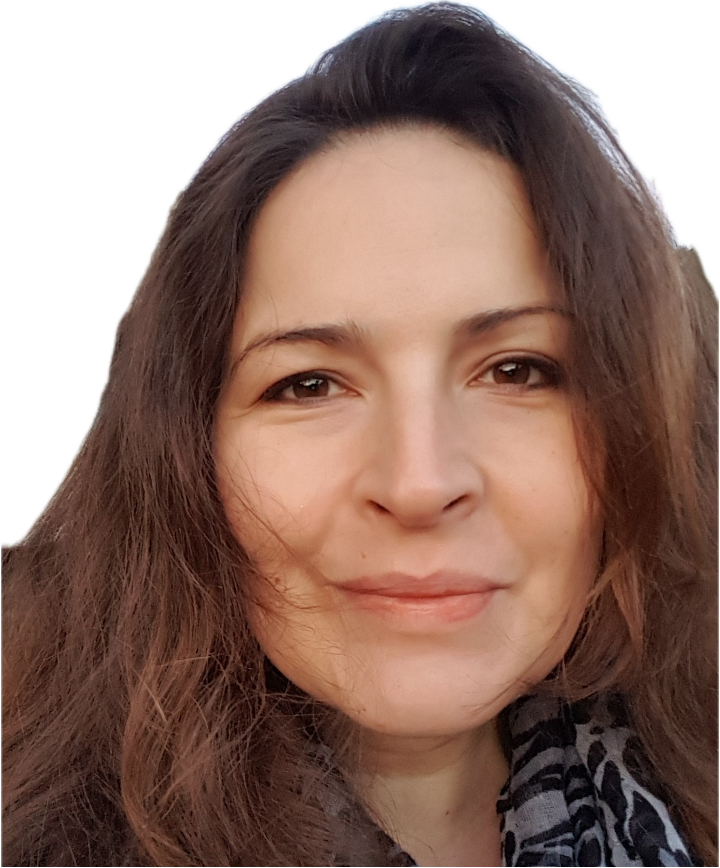
Associate Professor Carolin Löscher
Department of Biology, Southern Denmark University
Title: Who likes it dark and cold? Marine carbon fixation during the polar night
Abstract: The Arctic Ocean is characterized by strong seasonal variation in light and temperature, modulated by the cyclic progression and retreat of its ice cover. Anthropogenic climate change is a massive threat to the Arctic Ocean, with warming being a key threat leading, for instance, to changes in global ocean circulation and sea level rise.The light period in spring and summer has traditionally been recognized as the period of high biological productivity in Arctic open and coastal waters, driving pelagic food webs. But is that all?
In this presentation, I will present our latest results on dark and cold primary production carried out by a certain consortium of marine microbes in the Arctic Ocean. This process and the respective microbes might be highly relevant and their response to climate change could determine Arctic ecology to great extent.
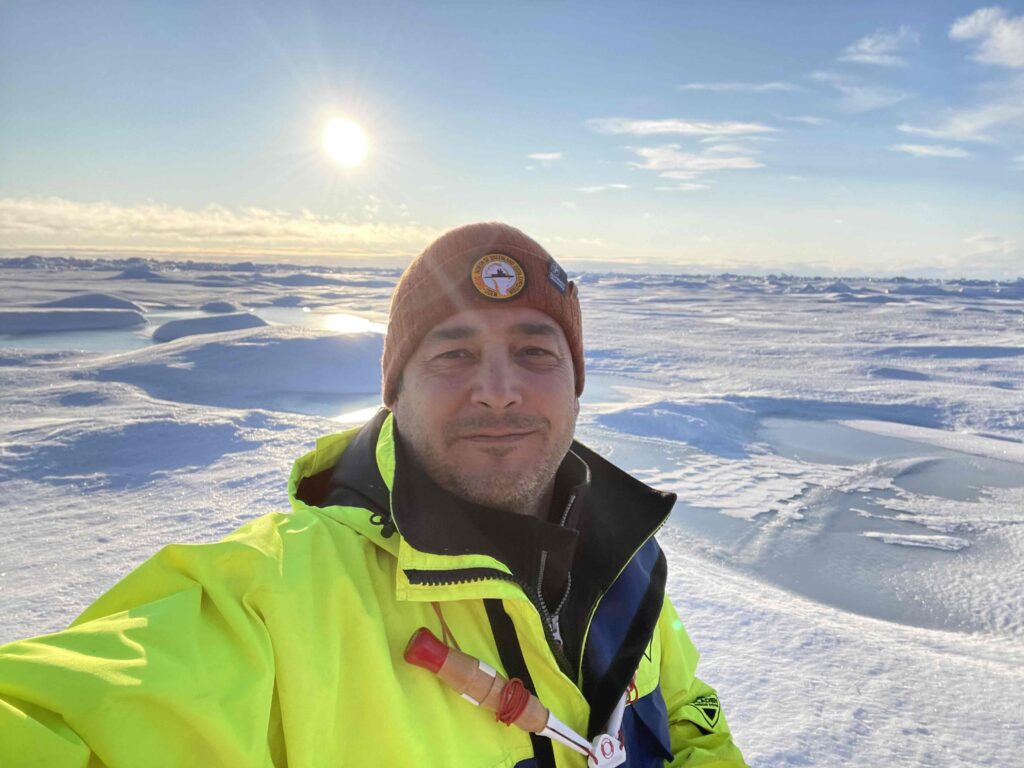
Professor Marcelo Ketzer
Department of Biology and Environmental Sciences, Linnæus University
Title: Baltic Sea warming and related biogeochemistry change
Co-authors: Stranne, C., Chang, C., Rhamati-Abkenar, M., Hylander, S., Forsman, A., and Dopson, M.
Abstract: The Baltic Sea is considered a proxy or a “time machine” for the future shallow and coastal marine environments owing to its singular natural conditions, anthropogenic interference, ecosystem deterioration, and implementation of mitigation actions. Many studies have addressed the deterioration of Baltic Sea environment, but some topics are still open for debate. Here we present our latest results about one of these important topics: the effects of Baltic Sea warming on biogeochemistry and their implications for methane cycling. We found that long-term warming causes the thinning of the sulphate reduction zone and increases the chances of methane release on the seafloor. Our findings are based on (1) six years of observations in a bay in the Oskarshamn area, southeastern Sweden, that has been artificially heated (ca. 5°C in relation to control areas) for 50 years, and (2) a recently discovered major seafloor methane ebullition site in the Landsort Deep area, in the central Baltic Sea.
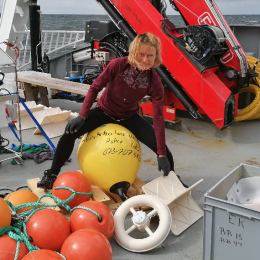
Associate Professor Inga Koszalka
Department of Meteorology, Stockholm University
Title: Wind drift, turbulent dispersion and algal blooms in the Baltic Sea
Abstract: Algal blooms pose a major environmental problem for the Baltic Sea’s marine ecosystem and its human stakeholders. Algal mats limit access to oxygen in the surface waters, downgrade aesthetic values of the sea and water quality and affect coastal industries. As the algal blooms are expected to intensify under the climate change and warming of sea waters, it is important to develop reliable hazard and hazard impact forecasting services. This is a tantalizing task however, owing to the complexity of physical and biological processes involved in algae growth and too sparse data to constrain marine ecosystem models.
I will present results from a project aiming to develop a forecast framework for algal blooms in the Baltic Sea and associated ecosystem and societal impacts. The framework makes use of Lagrangian (drifting) trajectory simulations. Drifter observations are used to evaluate the ocean model that is in turn used to force numerical trajectory simulations. I will also show implementation of an algae model of low complexity on trajectorires. The project focuses on consequences of algae blooms for the water quality on Gotland, in particular for the desalination plats producing drinking water from the sea water complementing the municipal water supply. The interaction with the stakeholders led to formulation of new scientific questions regarding the hazard impacts, which manifested during the extreme weather event Hans Storm in summer 2023.
Abstract submission
Abstract submissions for oral or poster presentations are highly recommended and encouraged. Submission is managed through the registration portal below. Submitted contributions will be organized within sessions based on the conference program, or standalone if the content is considered outside the scope of the sessions provided (see program outlined below). Depending on the number of submitted abstracts (oral and posters), the Board may need to prioritize. Submissions from second (MSc) and third (PhD) cycle students, as well as from early career scientists (post docs), will be given priority.
General guidelines
Abstract: 2000 characters including spaces
Presentation: 15 min + 5 min for questions and discussion
Poster: size A0 (841 x 1189 mm)
Venues
The conference venue Fullriggaren (link to campus map) is located in the main university building Magna on level 1. In addition to keynotes, oral presentations, and poster contributions, there will be room for networking during the breaks. The conference dinner will be held at Kalmarsalen (Skeppsbrogatan 49, 392 31 Kalmar) on 27 November.
Dyrssen Awards
The Swedish Society for Marine Sciences annually manages and awards the Dyrssen Award for the two best degree projects in marine sciences at master’s level. First prize is SEK 10 000 and second prize SEK 5 000. The award is instituted by SHF in honor of David Dyrssen (1922 – 2011), emeritus professor of analytical chemistry at the University of Gothenburg. As one of the founding members of the Society, he spent his career being an active proponent for the promotion of inter-disciplinary research in marine sciences. The award ceremony will take place on 27 November.
Annual meeting
The Swedish Society for Marine Sciences is a politically independent and non-profit organization. The annual meeting of the Society is arranged on November 28 as part of the conference. Please note that the annual meeting will be in Swedish. For more information and documents see About us in the main menu.
Conference fee
Registration to the conference encompasses access to oral presentations and the poster session. Registration requires membership of the Swedish Society for Marine Science. The conference fee includes icebreaker (Tuesday), fika and lunches (Wednesday and Thursday). Special registration is needed for the conference dinner (Wednesday). The conference fee does not cover travel expenses or costs associated with accommodation. A limited number of travel grants (up to 5 000 SEK for travel, accommodation, and conference fee) are available for students and early career scientists (option in the registration form). Applicants will need to submit their application separately with included receipts to the Board (styrelsen@shf.se).
Conference fee: 1 100 SEK excl. VAT
Conference dinner: 550 SEK excl. VAT [optional]
Registration, abstract submission, and payment here (external link to Linnemöten)
Registration deadline: 6 November 2024
WARM WELCOME!
The board of the Swedish Society for Marine Sciences
(styrelsen@shf.se)

